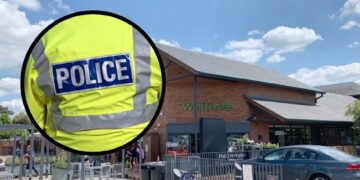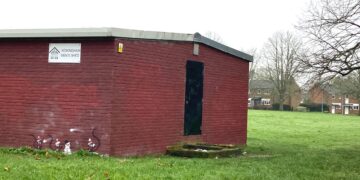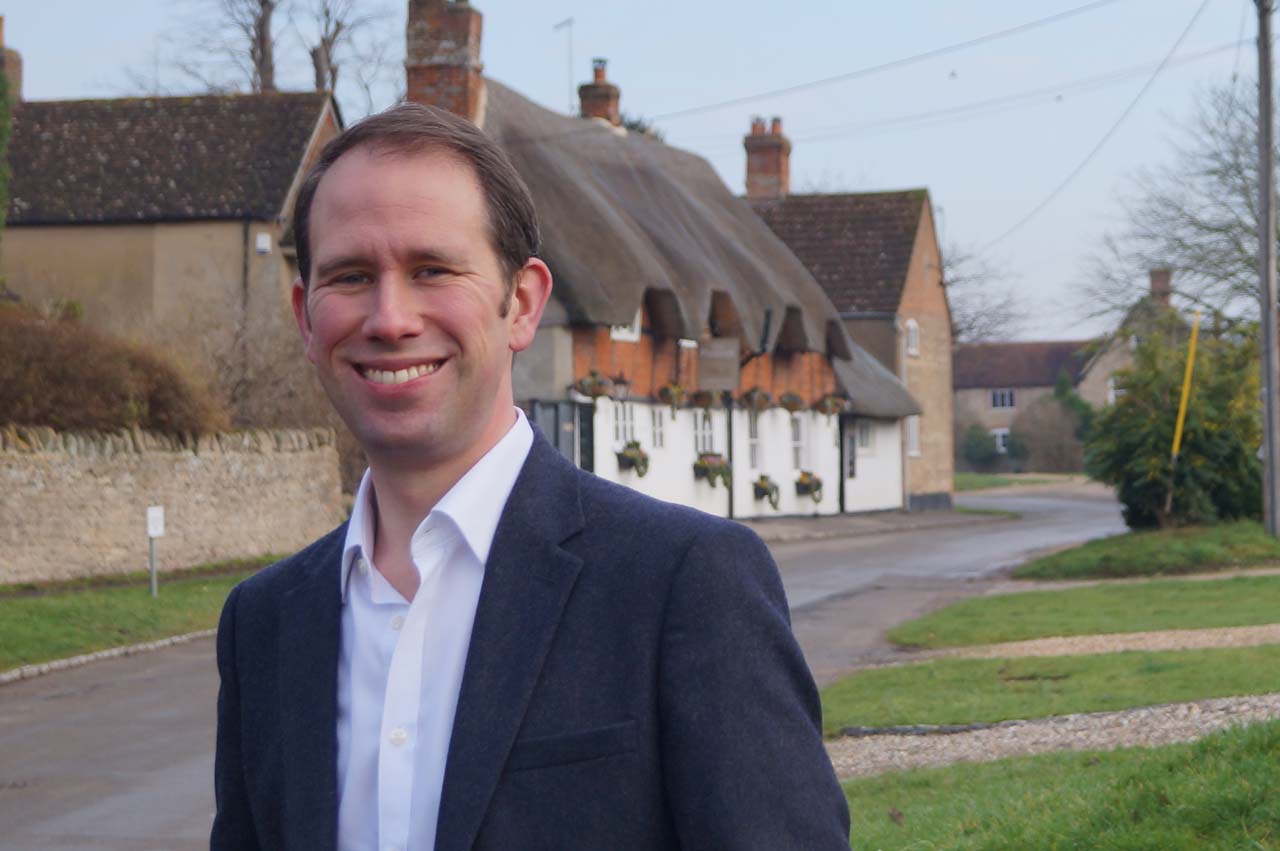
On Thursday, May 6, voters will choose the next Police and Crime Commissioner for the Thames Valley. JESS WARREN meets the candidates

POLICE visibility in the community is the main priority for the Conservative Police and Crime Commissioner (PCC) candidate.
Matthew Barber, who was the deputy PCC for Thames Valley, said his main concern is creating the capacity to deal with neighbourhood crime more effectively.
Although this will not mean the return of a police station in Wokingham town centre, he said.
Instead, he is considering more “response bases” to ensure officers are “based in the right place” to respond to community call-outs.
Reflecting on recent national issues surrounding policing and protests, Mr Barber said his priority is to get the “little things” right, as that helps until public trust as much as “the big things”, such as policing protests.
“For me it comes down to local neighbourhood policing,” he said. “If the victim doesn’t feel the police have responded adequately, that damages the public confidence in policing.”
Other priorities include “serious organised crime”, which includes burglary and drug dealing,” Mr Barber said.
Off the streets, he wants to focus on cybercrime and fraud.
“It’s not always at the top of the list of concerns that people have when they think about policing,” he said. “But we’ve all spent a lot online this year. And that also makes us more vulnerable. You are much more likely to be a victim of cybercrime of some kind than physical.”
Mr Barber said improving criminal justice is also a priority for him.
“I think there’s a huge amount of work to do there,” he said. “And part of this is about reducing reoffending, to prevent more people becoming victims of crime in the future.”
He said while courts have resumed, there is a need to improve on the turnaround time from charges being made to court appearances.
“We need to vastly improve on where we were a year ago,” he added. “Going back to pre-covid levels would not be adequate.”
This can be sped-up, he said, with new methods in policing.
“There’s a new piece of kit that is being trialled at the moment, that allows police to download mobile phones at the scene.
“That sounds like a really small thing but it speeds up prosecutions, and it means witnesses are more likely to cooperate with the police.”
He said another trial, currently running in Buckinghamshire to reduce prosecution wait times for domestic abuse cases, is something he would like to roll-out, if the Crown Prosecution Service (CPS) is willing.
And Mr Barber’s final priority is to more effectively police illegal encampments, as police powers increase in this area nationally.
“There are good and bad elements in every community, static and traveling, and the police need to be able to deal fairly,” he said. “It’s the action of the illegal encampment, it’s absolutely not about persecuting a particular community.
“But doesn’t mean someone can turn up on a school playing field just before a bank holiday weekend when the school fete is going to happen, and cause damage.”
Outside of his key priorities, Mr Barber said he wants to open up bigger discussions surrounding young people, knife crime, extortion, grooming and drugs problems.
“But I think there’s also a lot of other work around diversion,” he said.
“Because sadly these offenders are often known to local authorities, they’re the children excluded from school.
“We need to have a much better system that wraps around those young people.”
Part of this, he said, is bringing independent mentors in, to support young people in custody.
















































